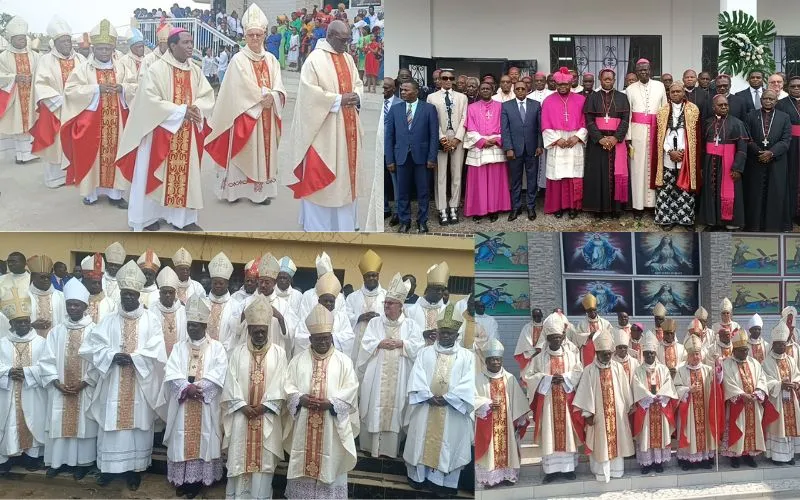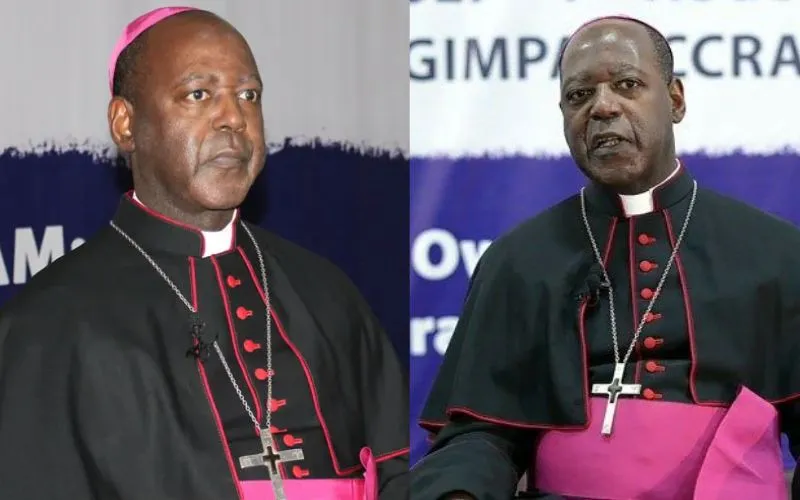The Catholic Bishops explain other themes, including the Church’s involvement in politics.
According to the Bishops, elections represent significant moments that engage the attention of all citizens, while at the same time it is an occasion for the people to assert their sovereignty through the free and deliberate choice of their leaders.
They say that the presidential election, in particular, takes on an important stake that deserves to be approached in an informed and conscientious manner when voting.
They note that under such circumstances, which the Bishops say “are extremely important” and decisive, “we, the Bishops of Cameroon, strengthened by our faith in Jesus Christ and faithful to our duty as Pastors, and above all, faithful to our mission to teach, have always made our voices heard so as to accompany the People in the electoral process.”
“It is, in fact, the duty of the Catholic Church to be engaged in this process to guarantee a transparent, free, fair and impartial election. It is about building trust and encouraging voters to turn out in large numbers,” they say.
(Story continues below)
NECC members also call upon the lay faithful in Cameroon to carry out their normal civic duties, noting that there is no reason why Christians should fail to take an interest in politics.
Elections, they say, is a wake-up call to Christians and other believers to not only denounce the problems that Cameroonians are facing, but to commit themselves with others to analyzing situations, discerning what is at stake, and proposing concrete courses of action.
In the Pastoral Letter, the Catholic Bishops outline other topics to educate the electorate, including who is required to vote, as well as how and who to vote for.
NECC members invite Cameroonians to vote for honest and responsible leaders, saying, “The choice of a candidate, his moral, intellectual, human, spiritual and managerial qualities, should therefore be made after careful discernment, in all conscience.”
In Cameroon’s October elections, Paul Biya who has been president since 1982 is expected to stand for election for an eighth presidential term in the Central African nation, where Presidents have a seven-year mandate.
Constitutional amendments that President Biya’s party, Cameroon People's Democratic Movement (CPDM), spearheaded in 2008, abolishing the two-term presidential limit, occasioned his “extraordinarily long tenure”.
President Biya is Africa’s second longest serving Head of State after President Teodoro Obiang of Equatorial Guinea.
Agnes Aineah is a Kenyan journalist with a background in digital and newspaper reporting. She holds a Master of Arts in Digital Journalism from the Aga Khan University, Graduate School of Media and Communications and a Bachelor's Degree in Linguistics, Media and Communications from Kenya's Moi University. Agnes currently serves as a journalist for ACI Africa.








